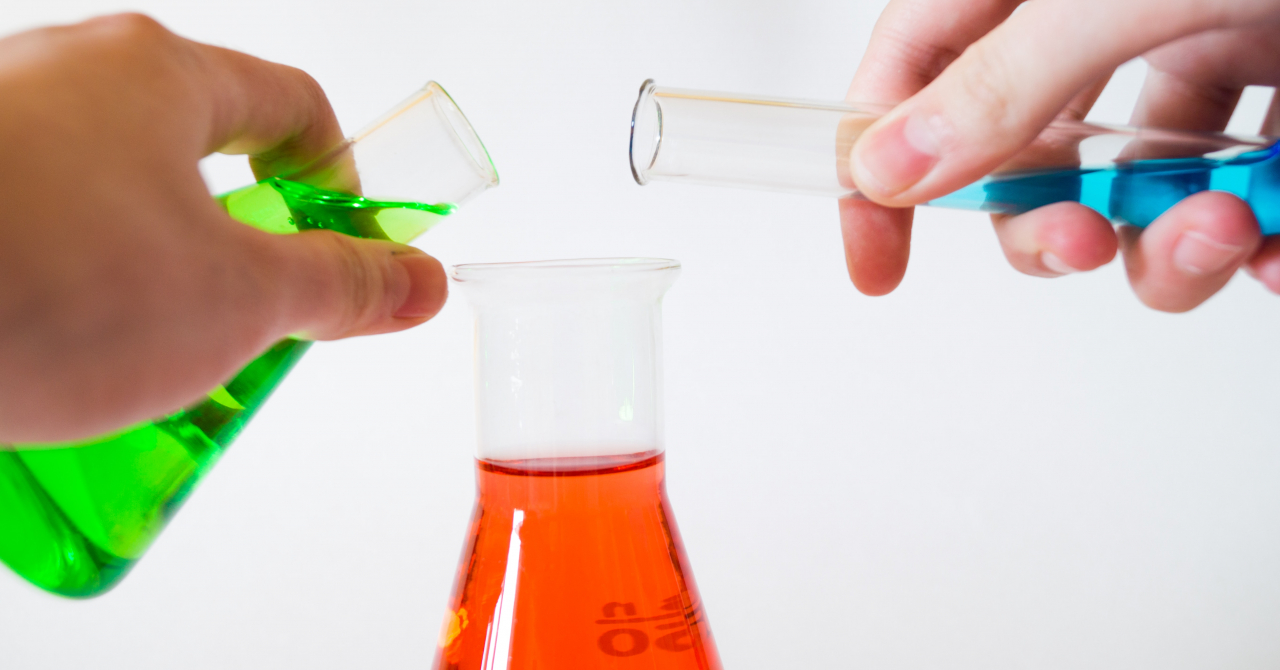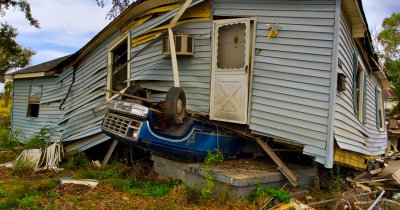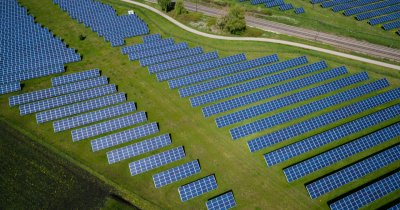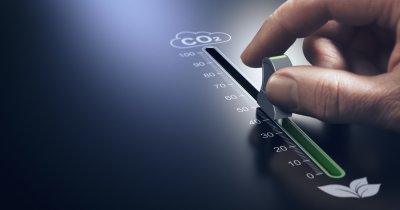The European Environmental Bureau (EEB) says that this could be "the largest ever ban" on toxic chemicals.
According to Euronews.green, Tatiana Santos, EEB chemicals policy manager, stated that the announcement from the European Commission "opens a new chapter" in dealing with the threat posed by the dangerous substances.
She said that "the ‘great detox’ promises to improve the safety of almost all manufactured products and rapidly lower the chemical intensity of our schools, homes and workplaces."
The new restrictions will make use of the existing laws in order to prohibit the use of chemicals linked to cancer, infertility and other health issues.
The plan will focus on banning entire chemical categories, such as flame retardants and bisphenols, which are used for making plastic bottles, and includes even PFAs (perfluoroalkyl), also known as "forever chemicals" due to the fact that they take a very long time to decompose in the environment.
The list of restricted substances will be continuously reviewed by the European Chemicals Agency.
Scientists warned earlier this year that chemical pollution crossed a "planetary boundary", and passing this limit could result in the breakdown of ecosystems and threaten future human generations.
A recent UN report also stated that chemical pollution could cause more deaths than COVID-19, and its authors asked for "immediate and ambitious action" to prohibit some of these toxic substances.
Since global sales have more than doubled between 2000 and 2017, about 200.000 chemicals are being used in the European Union alone, and by volume, three-quarters of chemicals produced in Europe are hazardous.
In an official survey done by the European Commission, 84% of Europeans said that they are worried about the health impact chemicals have, while 90% of them are worried about the effects of chemicals on the environment.
 Mihai - Cristian Ioniță
Mihai - Cristian Ioniță












Any thoughts?